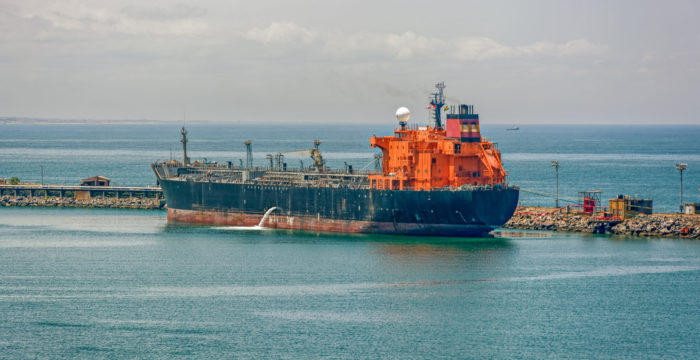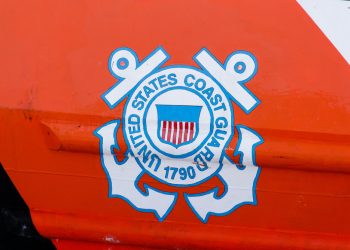After attending the VIDA webinar the EPA and the USCG co-arranged, Mouawad Consulting has summarised the latest information. Some of the highlights of the discussion regard the fact that the new regulation is not expected to be enforced before December 2022, and that standards are likely to be technology-based and not risk-based.
What is the Vessel Incidental Discharge Act (VIDA)?
As Mouawad Consulting reports, Vessel Incident Discharge Act (VIDA) is a new law enacted on December 4, 2018 that changes the US framework for regulating incidental discharges from commercial vessels.
[smlsubform prepend=”GET THE SAFETY4SEA IN YOUR INBOX!” showname=false emailtxt=”” emailholder=”Enter your email address” showsubmit=true submittxt=”Submit” jsthanks=false thankyou=”Thank you for subscribing to our mailing list”]
It maintains current requirements under the Vessel General Permit (VGP) and USCG Ballast Water Management regulations, while it authorizes EPA and USCG to develop new vessel discharge regulations.
It also requires USCG to consider ballast water test methods based on viability of organisms.
For large commercial vessels, with the exception of fishing vessels, VGP and USCG BW Regulations including state requirements will apply until the future regulations are enforceable.
For small commercial vessels and all fishing vessels, only BW Regulations under the VGP and USCG, including state requirements will remain in effect, until the future regulations are enforceable.
Moreover, VIDA requires EPA and the USCG to establish two future federal regulations to address commercial vessel discharges:
- EPA National standards of performance by December 2020;
- USCG Implementing, monitoring, andenforcement regulations 2 years thereafter
Discharge Standards (EPA)
Generally speaking, the discharge standards must be at least as strict as today’s VGP requirements:
- Technology based; numeric, best management practices, or a combination of both;
- May distinguish between class, type, size, and age of vessels;
- Enhanced Ballast Water Requirements: Exchange and flushing for empty ballast tanks; Establishes that vessel need only meet standard applicable at time of BWMS installation
Enforcement
EPA, USCG and US States will have enforcement authority. Specifically, USCG will have the main responsibility for enforcing regulations, with State enforcement having the responsibility to remain consistent with USCG procedures. Citizen suits are still authorized under VIDA, under certain circumstances.
Overall, highlights from the discussions can be summarised as follows:
- The new Regulation is not expected to be enforced before December 2022;
- Standards are likely to be technology-based and not risk-based;
- Requirements for exchange and treatment for Great Lakes;
- Exchange and flushing for empty tanks;
- Strict requirements for the Pacific region
- Analysis method based on viability for ballast water expected June 2019 and published finally December 2019
- New application zone possible to extend to 12nm, against the current 3nm for the VGP.

































































